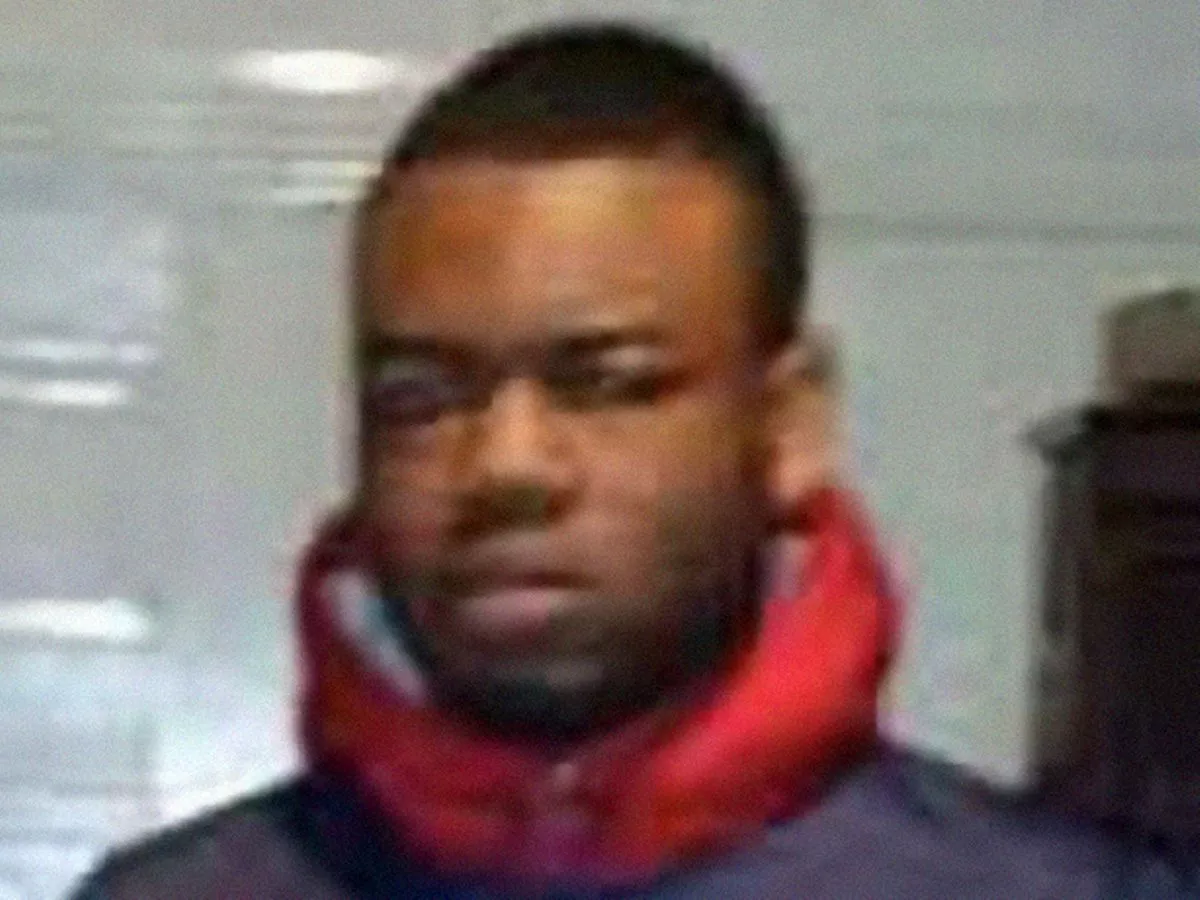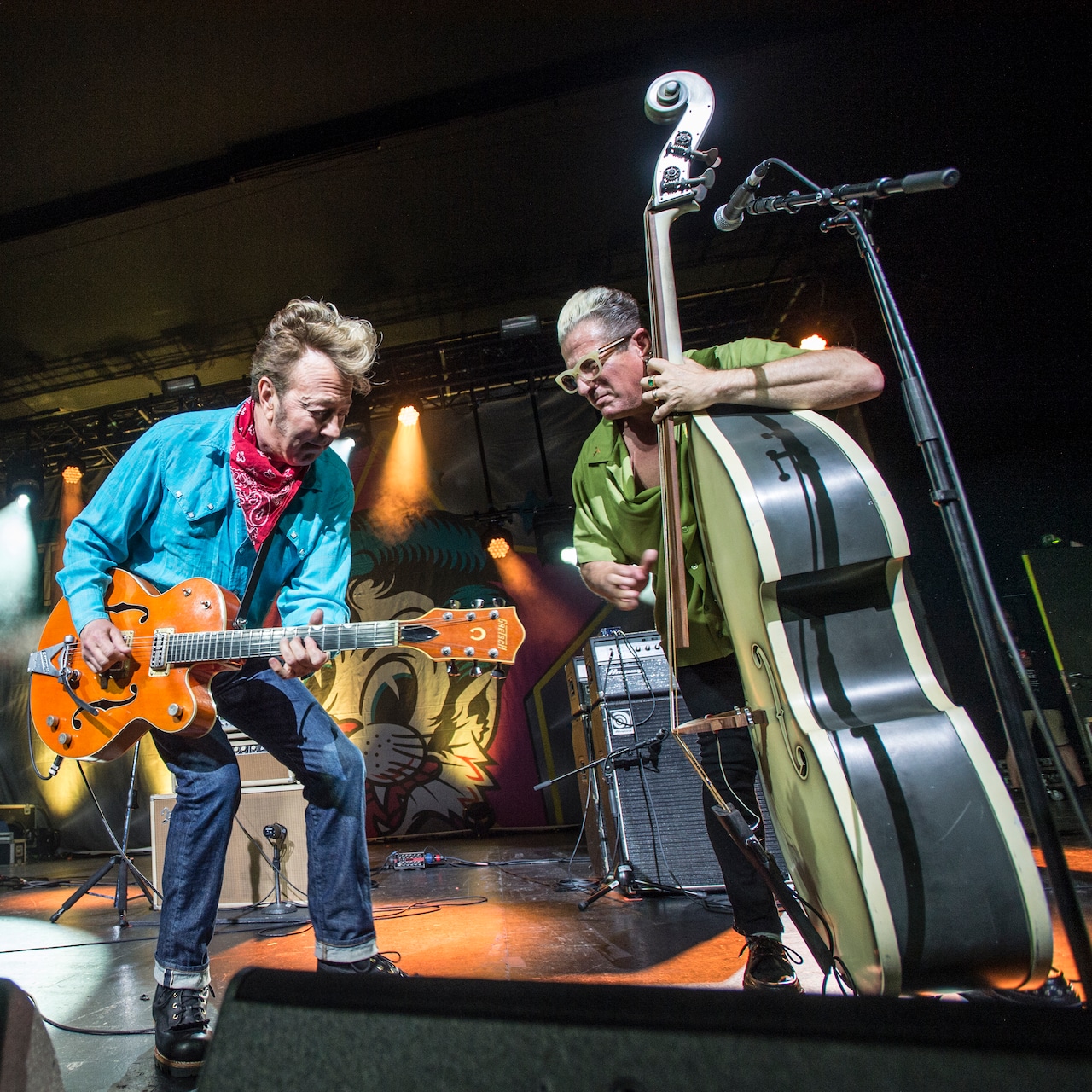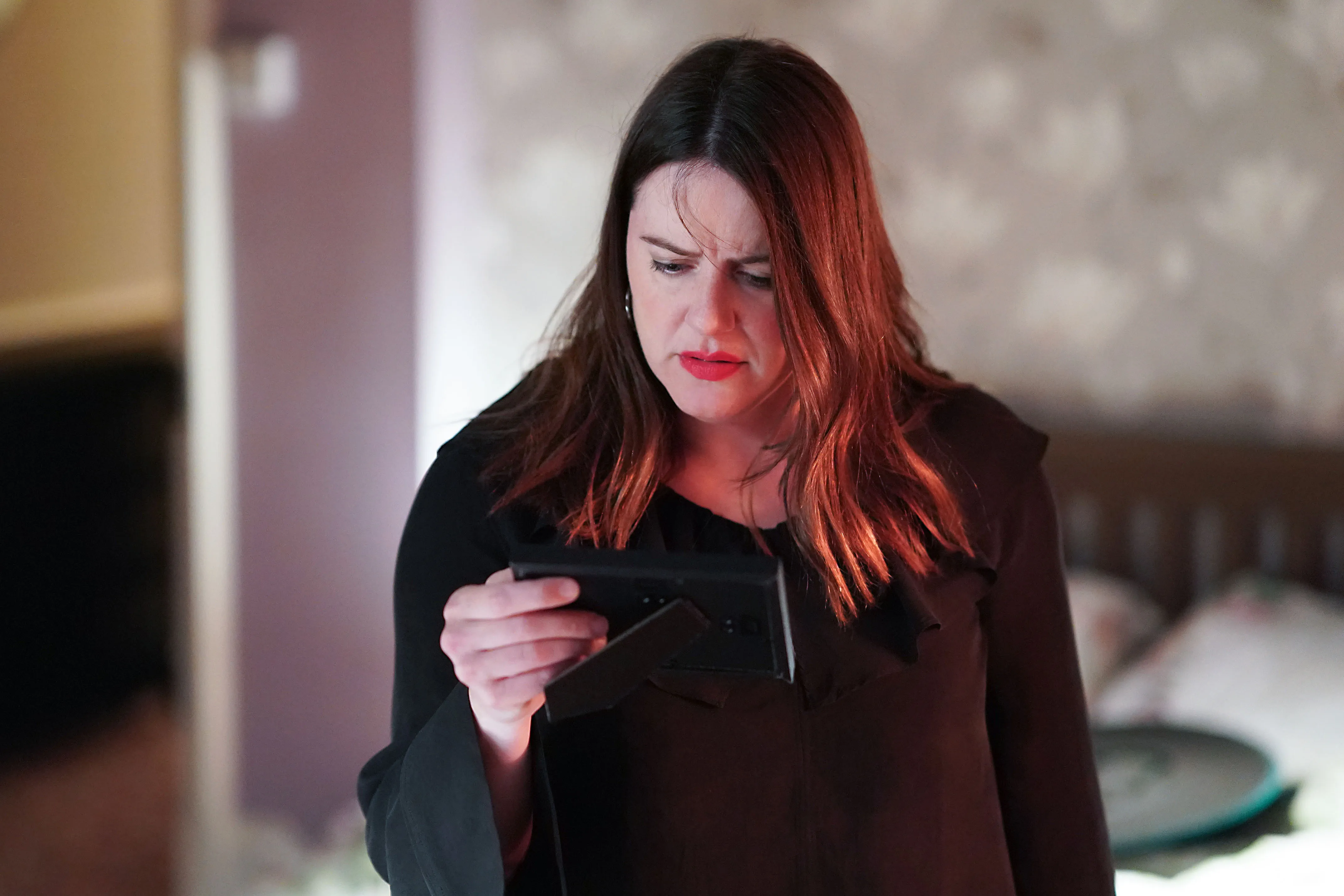Copyright irishmirror

Lawyers for the family of George Nkencho who was fatally wounded by gardaí outside his home in west Dublin five years ago have called for his upcoming inquest to be a broad examination of the circumstances of his death including the knowledge that gardái had about his mental health. However, legal representatives of An Garda Síochána have urged the chief coroner for Dublin Myra Cullinane, to confine the inquest, which is scheduled to begin on January 13, 2026, to events which occurred in a 76-minute period before the fatal shooting. Mr Nkencho (27) sustained fatal gunshot wounds during an incident involving members of the Garda Armed Support Unit outside his family home at Manorfields Drive, Clonee, Co Dublin on December 30, 2020. At a sitting of Dublin District Coroner’s Court on Thursday to hear legal submissions on the scope of the inquest, counsel for the deceased’s family, Barney Quirke SC, said the issue was of considerable importance to Mr Nkencho’s family. Mr Quirke said legislation and case law allowed the coroner to inquire further into the circumstances of Mr Nkencho’s death than just the proximate medical cause and specific events of the day. The barrister said the inquest must be effective to allow the State to comply with its rights and obligations of Article 2 of the European Convention on Human Rights which govern the right to life. Mr Quirke said a broader inquest would also allow the coroner to make all the potential recommendations to prevent a similar death happening in the future. He suggested that the inquest should examine various issues including the deceased’s medical history including a focus on what gardaí did or did not know about Mr Nkencho’s mental health as well as the existence of related protection and safety orders on the Garda PULSE system. The barrister stressed that Mr Nkencho’s family were not looking for a root and branch investigation into the impact that a road traffic collision in February 2014 had on him. Mr Quirke urged Dr Cullinane to also look into the communications between gardaí and members of the Armed Support Unit. He noted that the various issues he was suggesting were relevant had also been raised in what he described as the “comprehensive investigation” into Mr Nkencho’s death by Fiosrú (formerly known as the Garda Síochána Ombudsman Commission). Mr Quirke said these included information sharing, body worn cameras and access to equipment as well as the use of less lethal tactical options. The barrister said all these areas could lead to potential recommendations by the coroner. Mr Quirke said the inquest should also examine the Garda protocols, procedures, directives and training that were in place at the time and if they had been followed. He said Mr Nkencho’s family believed it would be difficult to inquire how things might have been different if such issues were not examined at the inquest. Because Mr Nkencho had died at the hands of agents of the State, Mr Quirke said the circumstances of his death required “a higher level of scrutiny.” “We do think that it is appropriate to look in the broadest possible terms at the circumstance of his death,” he concluded. Counsel for An Garda Síochána, Ronan Kennedy SC, claimed the circumstances of Mr Nkencho’s death had already been the subject of other inquiries by both Fiosrú and the DPP which had recommended that there should be no disciplinary action against any garda. Mr Kennedy said it seemed like the deceased’s legal representatives were seeking to re-open and re-investigation such matters which had made recommendations to the Garda Commissioner. He claimed the suggestion by Mr Quirke that gardaí had placed an undue emphasis on seeking to limit the inquest to the proximate medical cause of Mr Nkencho’s death was a “misconstruction” of the submission made by An Garda Síochána. Mr Kennedy said he agreed with “a pithy comment” made by Dr Cullinane earlier this year that she did not believe the scope of the inquest would be contentious as it related to “a very circumscribed, tragic set of events taking place over a very short period of time.” Gardaí have recommended that the inquiry should focus on what happened between Mr Nkencho entering a convenience store near his home at around midday on December 30, 2020 and when he was pronounced dead at 1.27pm. Mr Kennedy said a focus on such a timeframe would address any systematic factors or immediate issues which might have contributed to the tragic events which unfolded. He claimed An Garda Síochána would make no apology for seeking to have the inquest focus on the real issues and material facts of the case so that no party would be “sidetracked or end up and down rabbit holes unnecessarily.” Mr Kennedy acknowledged that the case understandably raises emotive issues but he said this should not result in the inquest being turned into a general, wide-ranging inquiry into An Garda Síochána or individual gardaí. He said gardaí respectfully begged to differ with the assertion by Mr Nkencho’s family that the case did not begin when the deceased entered a Eurospar store. Mr Kennedy claimed there would have been no Garda intervention if Mr Nkencho had not gone into the shop and carried out an alleged, unprovoked assault on an unsuspecting member of the public. Dr Cullinane said she hoped to give her ruling on the scope of the inquest before November 14, when she would also provide an indicative list of witnesses. The coroner said she would also hold a hearing on December 5 to finalise which witnesses she would be calling to give evidence. No member of Mr Nkencho’s family, who had previously called for the inquest to examine the issue of racial profiling by gardaí, attended the hearing. The inquest, which is expected to last around two weeks, is expected to hear from around 50-60 witnesses. Dr Cullinane already ruled earlier this year that two members of the Garda Armed Support Unit involved in the fatal shooting would be given anonymity at the inquest and be allowed to give their evidence behind a screen in the interest of their security and “national security.” The DPP directed earlier this year that no garda should face prosecution over the circumstances of Mr Nkencho’s death. An appeal by the deceased’s family against the DPP’s ruling was unsuccessful. The fatal shooting of Mr Nkencho outside his home in west Dublin occurred after a stand-off developed between gardaí and the deceased who was armed with a kitchen knife. The tense situation arose shortly after Mr Nkencho had been involved in an alleged assault of a shop assistant at a nearby Eurospar store. The young man, whose family come originally from Nigeria, was pronounced dead a short time later at Connolly Hospital Blanchardstown. Post-mortem results revealed he died as a result of multiple gunshot wounds to the torso. His family claim he was suffering from mental health issues for several months before his death and that the level of force used against him by gardaí was disproportionate. Subscribe to our newsletter for the latest news from the Irish Mirror direct to your inbox: Sign up here.



